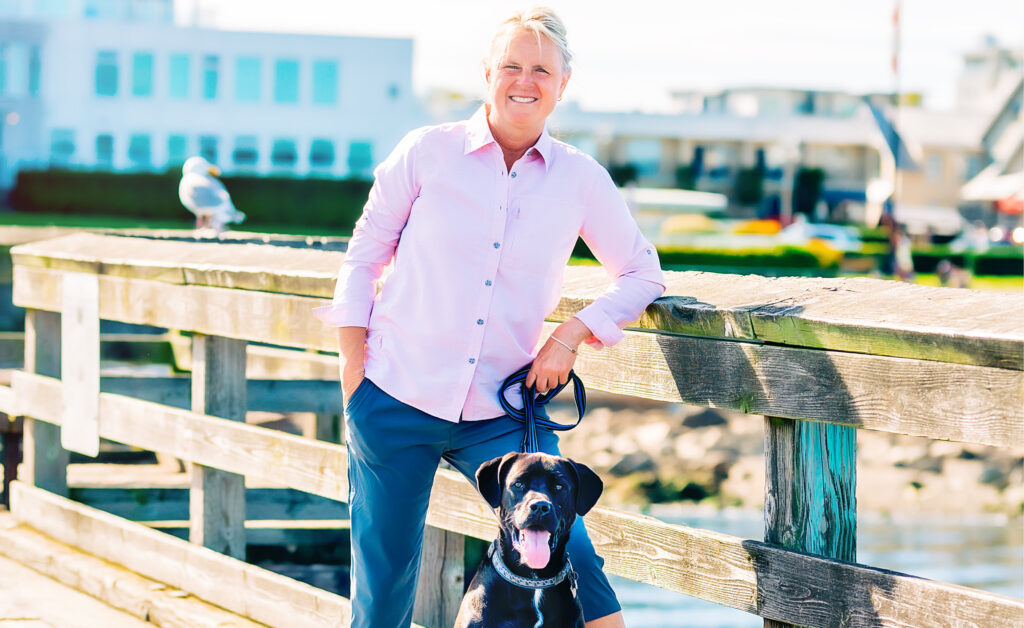by Sherrin Griffin, Sidney SeniorCare –
With the culinary focus of this issue, I thought it appropriate to touch on how our relationship with food shifts as we enter our senior years. Our once voracious appetites and insatiable food cravings seem to peter out as we age; along with, for many seniors, our passion and ability to cook healthy and nutritious meals.
I don’t have to look too far for an example of this … I remember as a kid, whenever my mother was away, my father couldn’t wait to get in the kitchen and cook up his native Hungarian spicy goulash and rich cabbage rolls. Now well into his 80s, his taste and tolerance for heavy, rich meals has waned. His slowing digestive system just can’t handle what it used to. My dad tends to prefer lighter, simpler foods now, which are gentler on his system and don’t sit heavy in his stomach. And then there’s the tendency to eat much earlier in the evening as we age. It’s a bit of a standing joke in my family that if my sister or I call my parents at 5:30 p.m., almost on the dot, they will be eating supper. I know that I myself could stand to adopt this latter healthy habit, my typical dinner time being closer to 8ish.
Generally less active in our elder years, we do tend to consume less overall. Our stomachs and digestive systems are not quite as resilient, and can be weakened by the decline of digestive enzymes and side effects from medication. Increased age has been linked to lactose intolerance and other food sensitivities. Elderly individuals are also at higher risk for developing bacterial overgrowth in the small intestine, which can cause bloating and discomfort. With seniors eating less, it is crucial to eat the right foods that will nourish them, and ensure they are getting the vitamins, minerals and supplements they need. Vitamin deficiencies are very common among the elderly, potentially leading to anemia and/or cognitive impairment, as well as making them more prone to infections and poor wound healing. Severe deficiencies could even lead to irreversible organ damage. Talk to your doctor or healthcare provider about testing and supplementing for deficiencies. Probiotics and a broad-spectrum digestive enzyme blend are also great options.
Eating a healthy diet requires the ability to chew your food well, and dentures may pose some challenges with certain foods such as whole fresh fruit, hard crusty bread, certain meats, berries, nuts and seeds. Cutting up fresh fruit will certainly help, as will staying away from “stringier” cuts of meat. Consider grinding up nuts and seeds into a healthy smoothie. You may also want to check with your dentist or denturist to ensure a proper fit for your dentures.
Seniors tend to cook less for themselves as they age, whether due to mobility issues, lack of energy or other conditions, and many tend to eat conveniently packaged or processed meals. Thankfully though, there are some healthy options these days. You may want to consider an independent or assisted living facility where full dining packages are provided. Seniors who wish to remain at home can have a home support worker come in and prepare nutritious meals. Another valid option may be to investigate meal delivery companies such as Skip the Dishes and Chef on the Run.
In closing, please remember that food may nourish the body, but companionship nourishes the soul. In that spirit, what could be a better reason to share your next meal with the favourite senior in your life.




